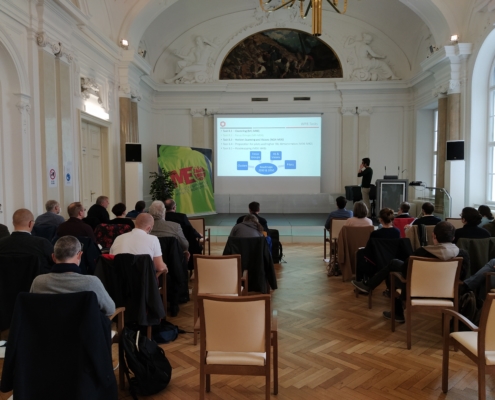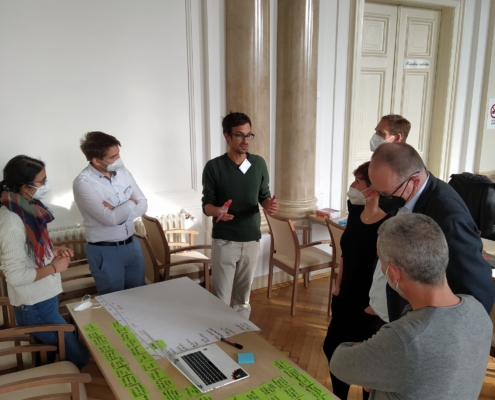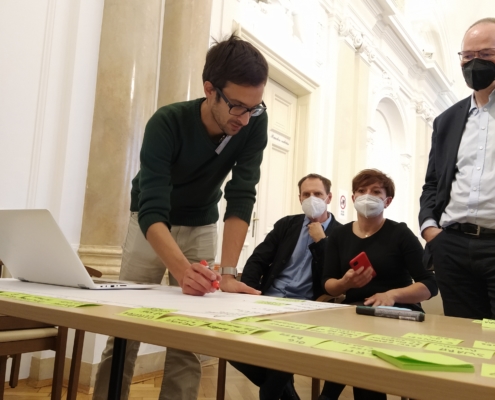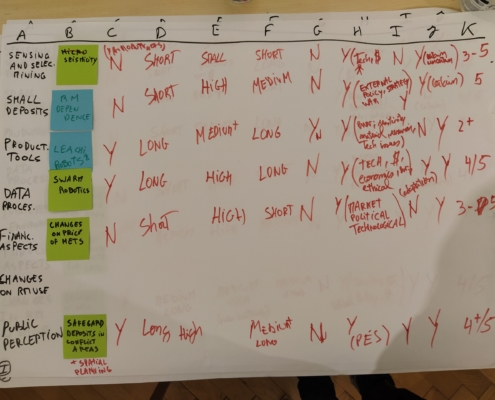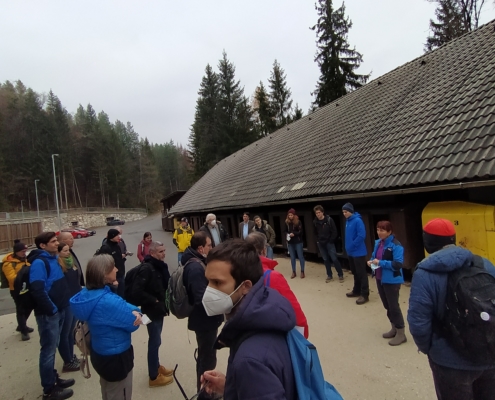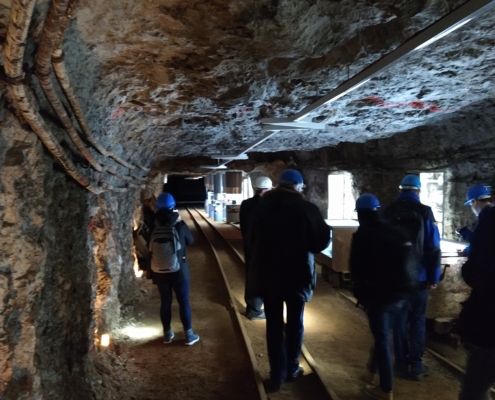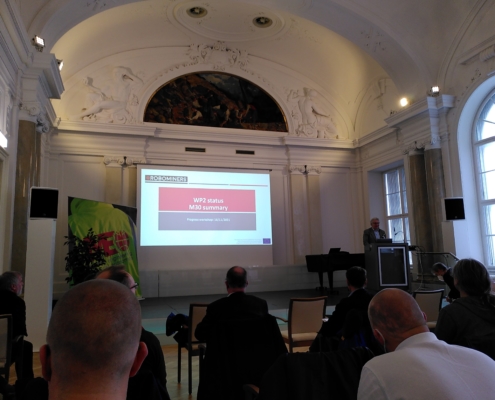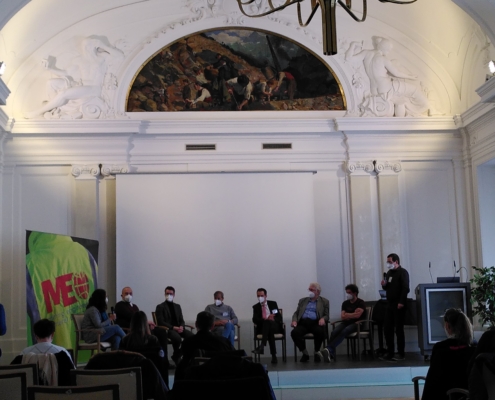LPRC participated in the EU’s Supercluster Lapland Geoconference representing the TRIDENT project, seeking to create synergies and future collaborations among other raw materials related projects. The project was presented in the “New Frontiers For Exploration” session, in which the coordinator explained the innovative approach of the project addressing knowledge gaps and uncertainties regarding the environmental and social impacts of deep-sea mining. LPRC also prepared a poster to draw attention from projects dealing with similar goals and build future clustering opportunities.
CIRAN co-organized and actively participated in the EU SuperCluster Lapland Geoconference, which took place on 30 and 31 October. This event served as a dynamic stage for the CIRAN project, allowing CIRAN’s partners to interact with industry experts, environmental advocates and fellow innovators. The SuperCluster meeting went beyond a simple meeting and became a hub for knowledge sharing, collaboration and inspiration. Together with 11 other EU-funded projects – EIS, AGEMERA, GOLDENEYE, GREENPEG, SEMACRET, M4MINING, MaDiTraCe, MinExTarget, MultiMiner and SEMACRET.
Besides TRIDENT and CIRAN, three other projects in which LPRC is involved were presented: CRM-Geothermal, ROBOMINERS, and START. In total, the conference was the biggest EU’s clustering event on raw materials, gathering up to 23 different EU-funded projects, with 142 registered participants coming from 52 countries and representing 69 expert organisations.
The EU SuperCluster Lapland Geoconference stands out as a platform that promotes synergies between projects in the raw materials sector. This collaborative environment allowed us to delve into the challenges and latest developments within the industry. At the heart of the conference was an atmosphere of cooperation.

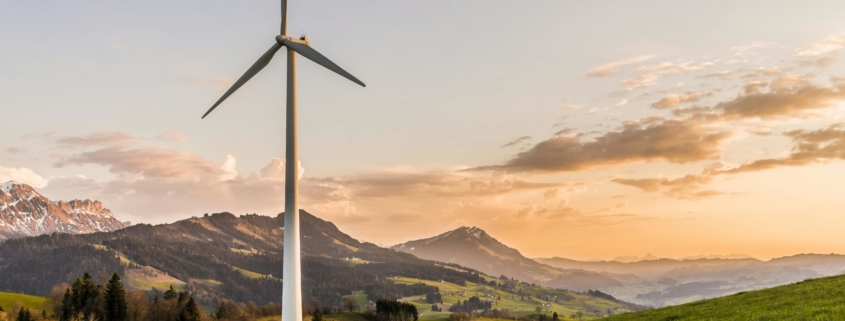
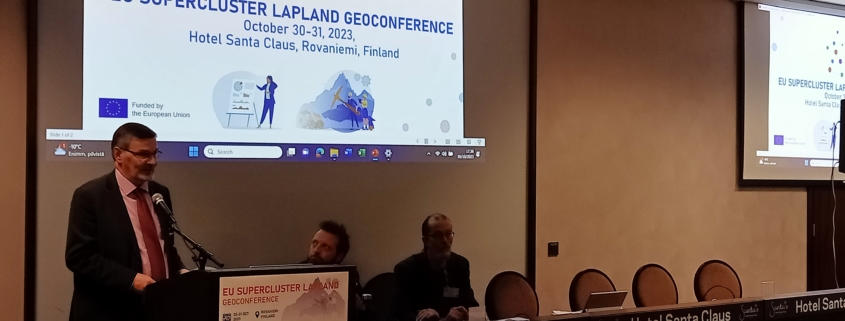 La Palma Research Centre
La Palma Research Centre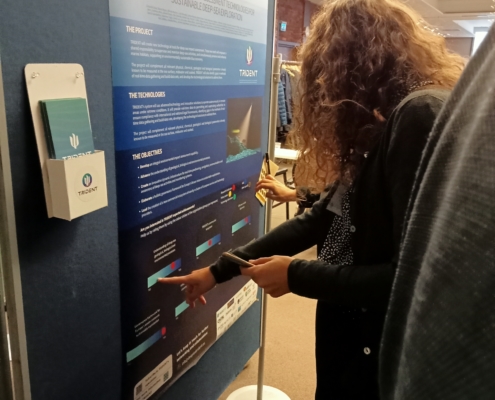

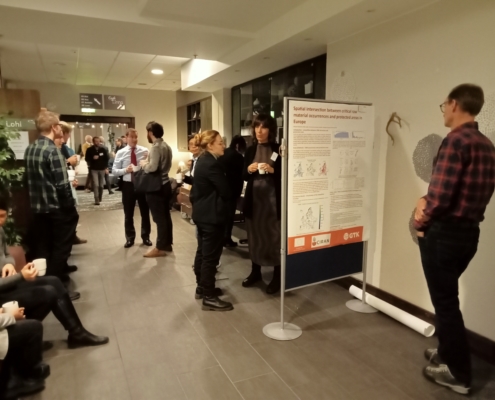
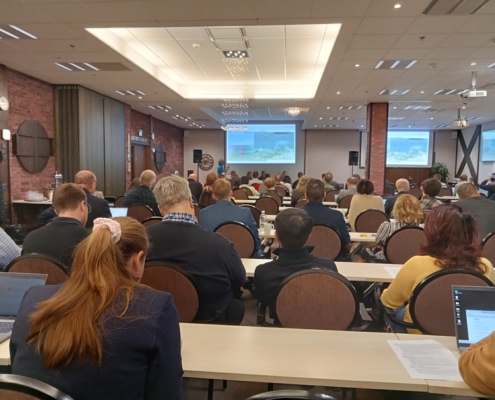
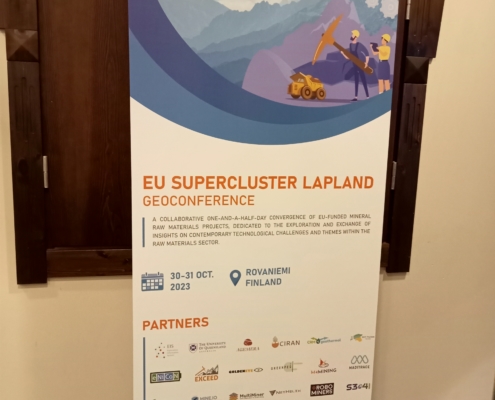
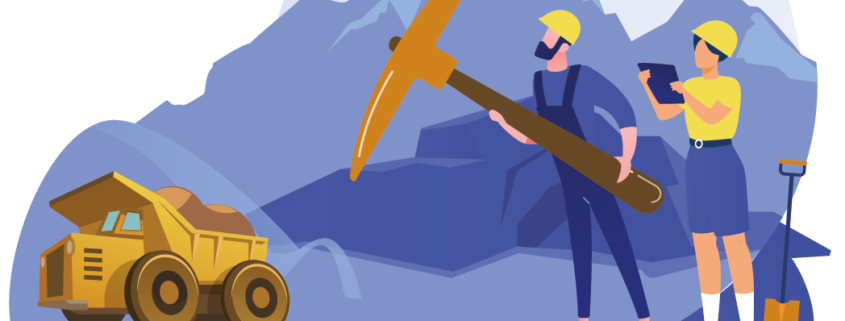
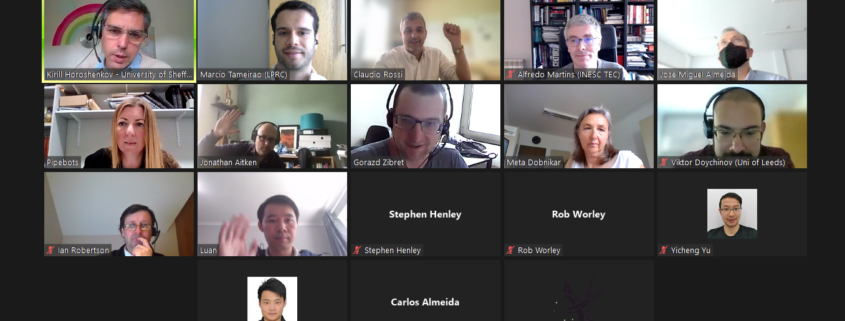
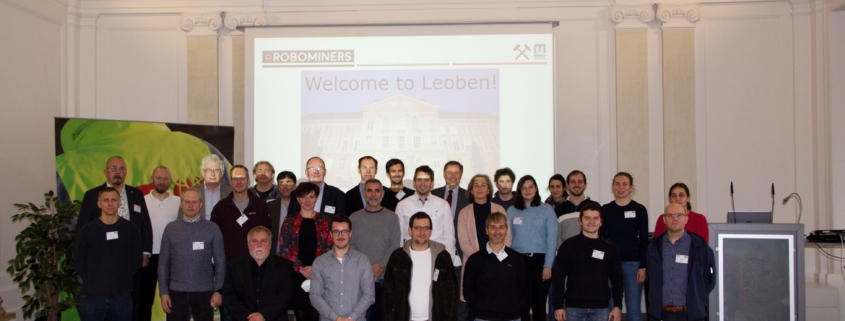 ROBOMINERS
ROBOMINERS